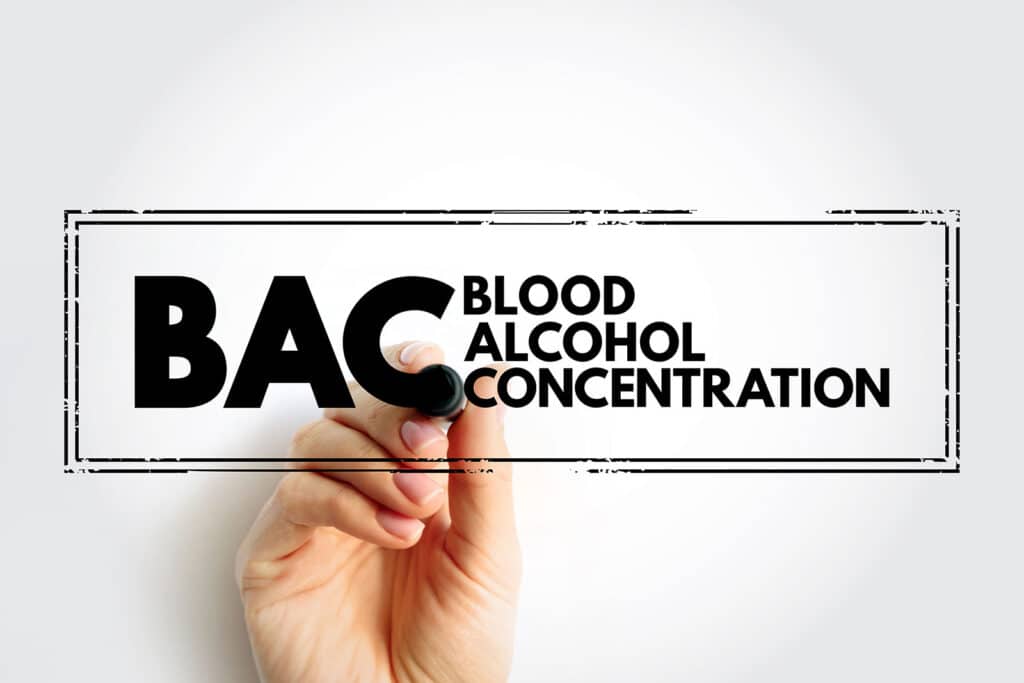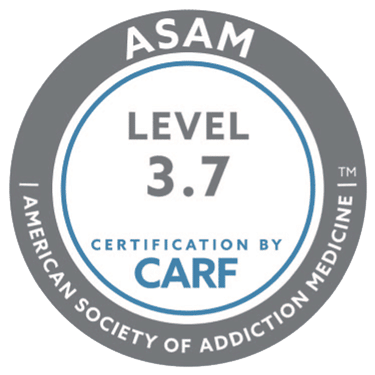If you or someone you know is suffering from a substance use disorder, there are many forms of therapy you may benefit from as part of your treatment. Each person requires different therapeutic methods depending on their symptoms and their background. While cognitive behavioral therapy is the most common treatment for individuals experiencing a substance use disorder, dialectical behavior therapy (DBT) is an effective alternative that focuses on everything from mindfulness to validation.
What Is Dialectical Behavior Therapy?
Dialectical behavior therapy is a talk therapy that’s partially based on cognitive behavioral therapy. The purpose of this talk therapy is to help people learn how their thoughts impact their behaviors and emotions.
Someone who receives this therapy should eventually accept the current behaviors and state of their lives. However, DBT also helps people who are suffering from substance use disorder learn how to make changes to their lives. If you have unhelpful behaviors that might be worsening your symptoms or making it more difficult for you to stop substance abuse, DBT can give you the tools necessary to address these behaviors for good.
DBT has been effective at treating many different mental health conditions, which include the following:
- Anxiety
- Depression
- Suicidal behaviors or thoughts
- Post-traumatic stress disorder
- Borderline personality disorder
- Eating disorders
- Substance use disorder
Six Main Points of Dialectical Behavior Therapy
DBT therapy consists of six main points or modules that are necessary for the treatment to be successful.
1. Mindfulness
Mindfulness is a skill that not everyone has. However, it can be taught to people with substance use disorders. The purpose of this emotion is to be present and aware of the present moment you’re currently in. If you’re able to focus on today instead of constantly looking to the future, you could curb some of the more unhelpful behaviors involving your addiction.
Mindfulness skills are the base of dialectical behavior therapy, which means that you won’t hear about any additional points of DBT until you know how to be a mindful person. Once you’ve fully grasped mindfulness, you’re more likely to tolerate and accept the overwhelming emotions you experience daily. Mindfulness centers around accepting your situation regardless of how negative it is. Despite the stressors of life, this aspect of therapy teaches you how to slow everything down and process each moment as it happens.

2. Distress Tolerance
An important part of any DBT program is distress tolerance. Along with learning how to accept any situation, you’ll also discover how to make substantive changes to your life. There are four critical aspects of distress tolerance, which include being able to distract yourself, weighing the pros and cons of your specific situation, self-soothing, and improving the situation that’s causing stress.
For people to be able to accept the situation they’re in, they must first learn about radical acceptance. Radical acceptance involves coming to terms with the fact that you’ll encounter positive and negative scenarios in your life. These scenarios can be more effectively managed by viewing them without being judgmental. Mindfulness is an important component of developing your distress tolerance skills.
3. Dialectical Thinking
Dialectical thinking involves embracing the fact that people can have multiple perspectives on various issues. The goal of dialectical thinking is to help people turn different perspectives into a reasonable and balanced understanding of information that might otherwise appear to be contradictory. When you receive dialectical thinking as part of your DBT treatment, you should learn how to stop thinking in a black-and-white manner and adopt a more flexible perspective that takes nuance into account.
When it comes to therapy, this form of thinking is useful for getting you to recognize that you can accept who you are while also taking steps toward changing your current situation. Being too negative about your situation might make it more challenging to change. You should develop more healthy ways of thinking during this aspect of therapy, which might make it easier for you to manage the symptoms caused by addiction.
4. Emotion Regulation
Emotion regulation is another crucial part of DBT. During therapy sessions, you’ll learn how to manage, understand, and alter your emotional responses. Many individuals who progress through DBT have difficulty controlling their emotions during stressful situations. Emotion regulation aims to resolve this issue by providing clients with the tools necessary to minimize the potency of negative emotions.
If someone can learn how to properly regulate their emotions, they’ll be less likely to use harmful coping mechanisms, which include taking addictive substances. Over time, improvements can be made to a person’s mental health, which may reduce their need to use drugs.
During emotion regulation, you’ll be taught how to assess and label emotions, manage intense emotions, develop problem-solving techniques, and understand the function of various emotions. By effectively controlling your emotions during any situation, you may be able to make permanent positive changes to your life.
5. Interpersonal Effectiveness
Interpersonal effectiveness helps clients learn how to communicate effectively and build interpersonal relationships. Being able to handle yourself in social situations can give you the social support needed to lead a healthier lifestyle. The types of DBT skills that are taught include conflict resolution, empathy, and assertiveness.
Social skills are also taught by addressing weaknesses in this area. For example, people who don’t participate in many social activities or often engage in social isolation will learn how to change these habits and behaviors. Eventually, they’ll know how to take part in social interactions that are meaningful and sincere.
6. Validation and Supportive Environment
Validation is also a critical element of DBT that must be taught for the therapy to be effective. DBT therapists teach their clients how to feel heard and valued as they progress through therapy. During treatment, therapists will validate the emotions and experiences their clients have, which helps to create a supportive environment where these individuals are able to open up about their substance use disorder without fear of reprisal.
Over time, you may be able to have greater self-acceptance and self-worth, which may be exactly what you need to make changes in your life. Therapists also strive to encourage their clients to practice the new skills they learn in their daily lives. This level of support is required to bring about long-term change.
Dialectical behavior therapy is an effective treatment for people who suffer from a substance use disorder. If you are about to seek help for your substance use disorder and would like to know more about DBT, contact Recreate Behavioral Health Network today to discover the treatments we offer.










